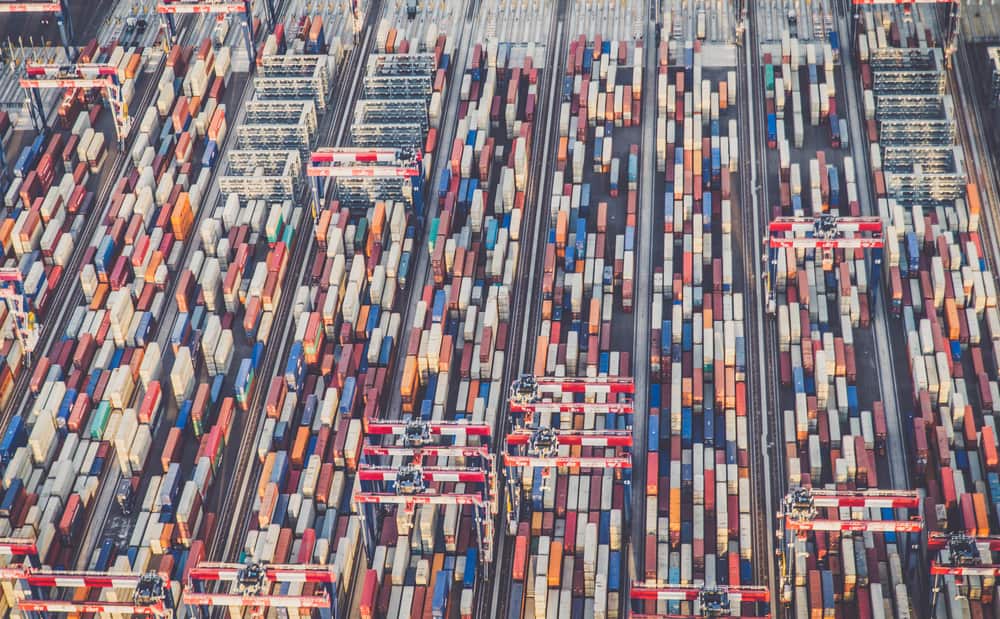Contract talks between unionized longshore workers and employers at West Coast ports appear to be headed into their final stretch following agreements on several major issues, potentially clearing the uncertainty that has been hanging over U.S. importers heading into their crucial fall selling season.
Some shipping officials familiar with the talks hope a tentative agreement could be reached by June, ending a contentious period in port labor relations that prompted some of the country’s biggest retailers and manufacturers to shift goods away from the region to avoid possible disruptions.
“The goal is to have smoothly operating supply chains and fluid ports, so the sooner [they] can get the negotiations wrapped up the better,” said Jessica Dankert, vice president for supply chain at the Retail Industry Leaders Association, which represents some of the nation’s biggest retailers.
The sides have been negotiating for almost a year on a contract covering more than 22,000 dockworkers at ports from California to Washington state.
The International Longshore and Warehouse Union, which represents dockworkers, and the employers’ group, the Pacific Maritime Association, declined to comment on the negotiations.
The union and the PMA reached a tentative agreement on healthcare benefits last July, soon after talks began. The negotiations bogged down over local issues at individual ports after that and the employer group accused the ILWU recently of undertaking job actions that slowed the movement of cargo containers.
Disputes during West Coast port labor talks in previous years have led to widespread backups at ports. Ms. Dankert said her members aren’t likely to restore cargo flows that have been diverted to Gulf Coast and East Coast gateways until a deal has been voted on by dockworkers, which could take months once negotiators reach an agreement.
Shipping industry officials say local issues have been resolved and a tentative agreement was reached last month on terms for the use of automation on the docks, one of the most contentious issues at the ports.
That leaves the issue of wages and pensions. Shipping officials familiar with the talks say the ILWU is likely to expect a pay increase in the first year of the new contract to at least match a deal reached recently with an ILWU local chapter in Hawaii of 10%.
The parties also have to agree how long the contract will run. Employers had been pushing for a six-year contract. The union had been pushing for a two-year contract, according to people familiar with the talks. Any agreement would be retroactive to July 2022, when the last contract expired.
When negotiations began May 10, 2022, in San Francisco, the industry was still reeling from bottlenecks caused by a surge of cargoes during the Covid pandemic and there were hopes dockworkers and employers could reach a resolution quickly.
The talks have been taking place against a backdrop of rising tensions between companies and workers. Dockworkers, truckers, rail and warehouse workers in Europe, Asia and the U.S. have flexed their muscle over the past year, staging walkouts and other actions that have shut down cargo flows and prompted government intervention.





